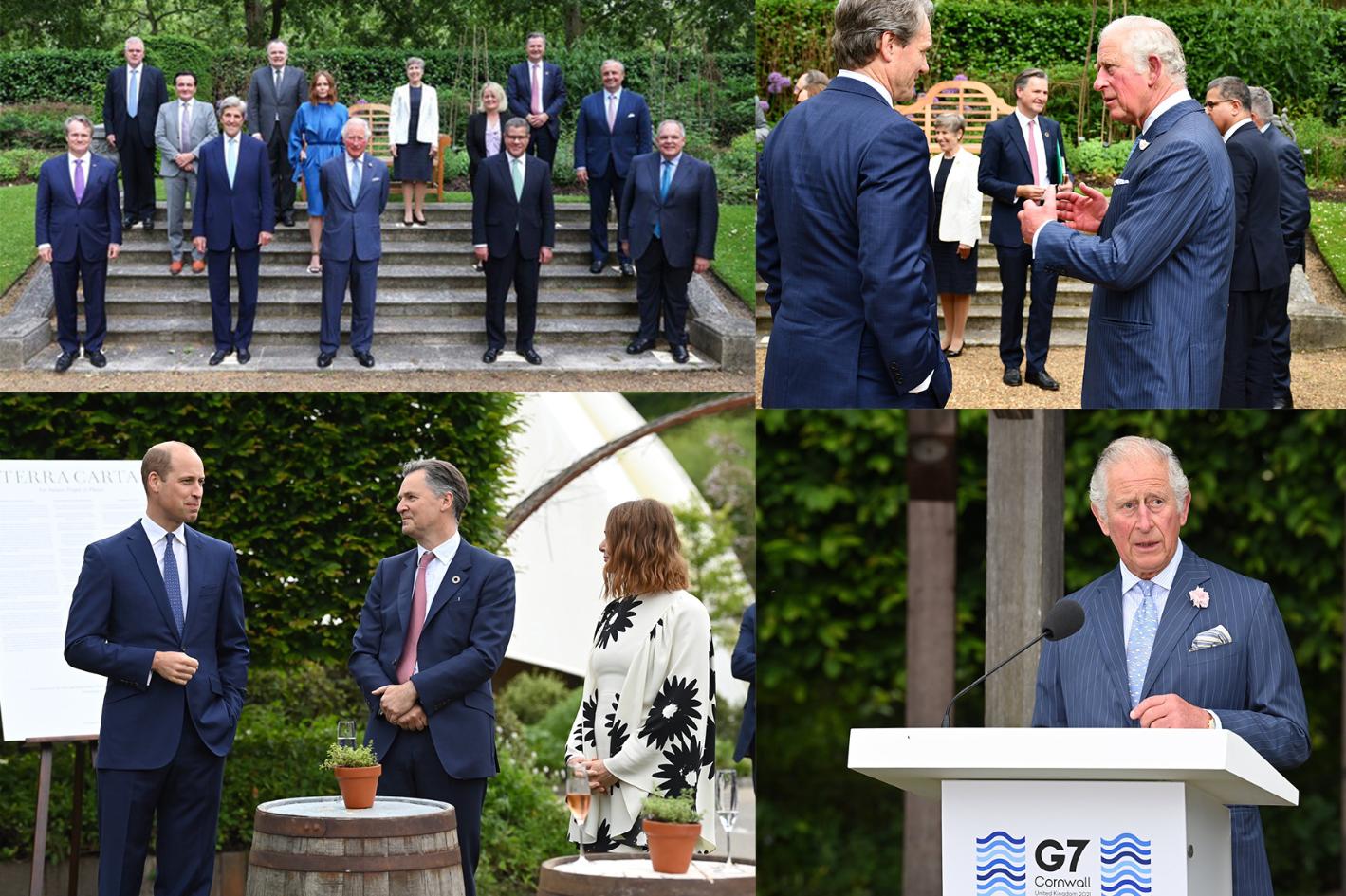Session is about to expire
Your session will timeout due to inactivity, please choose to continue your session if you’d would like to continue.
In a G7 session hosted in Cornwall on Friday by His Royal Highness The Prince of Wales, Heathrow CEO John Holland-Kaye pressed the leaders of the G7 to agree in its summit communique escalating mandates for 10% SAF by 2030, growing to at least 50% by 2050, as well as the kinds of price incentive mechanisms that have been used to support demand and kick start other low carbon sectors.
Aviation is a force for good. It benefits society by connecting people and cultures and enabling trade across countries. We have to take the carbon out of flying so we can protect those benefits in a net zero world. Major airlines in all G7 states and increasing numbers around the world have committed to net zero by 2050. We can only meet this goal by rapidly scaling up use of sustainable aviation fuels.
SAF is a proven technology, used as far back as WWII to fly fighters when oil was scarce, and it works in existing aircraft. It has already powered 250,000 flights around the world. SAF could be either advanced biofuels made from waste from agriculture, households forestry and industry or, in future, synthetic fuel made using carbon extracted from the air and clean energy, both deliver lifecycle carbon savings of 70% or more. Just this week, Heathrow received its first delivery of SAF and incorporated it into its main fuel supply system to demonstrate proof of concept at a major airport.
SAF is a solution that can work across the world, but it needs to be massively scaled up. The G7 can take a global lead by collectively committing to a mandate for at least 10% SAF by 2030, growing to at least 50% by 2050. Along with the right price incentives, stable over 5 – 10 years (such as Contracts for Difference that have been so effective in scaling up offshore wind energy in the UK), that will send the right market signal to unlock investment in SAF plants. This would create new jobs in a green industry in the G7 .
"Aviation is a force for good and we cannot wait for someone else to solve this problem at some point in the future – we have the tools to do it today, the collective spirit is here now and I urge G7 leaders to take concrete action now.”
Heathrow has been at the forefront of advocacy and change on reducing carbon emissions in the aviation sector. At the start of 2020, the UK aviation sector, became the first national aviation sector in the world to commit to net zero by 2050, with Heathrow playing a key role. In addition to recently incorporating the first shipment of SAF into its fuel supply system, all of the airport’s infrastructure runs on 100% renewable electricity, with plans underway to switch away from gas heating at the airport by the mid-2030s, becoming fully zero carbon.
Heathrow has also restored 95 acres of UK peatlands which were emitting carbon and are now starting to act as a carbon sink. Heathrow’s Director of Carbon Strategy, Matthew Gorman, has led its award-winning carbon and sustainability team over the last decade and played a vital role in driving forward our targets and plans. He has been recognised for services to Decarbonisation of Aviation with an MBE in the Queen’s Birthday Honours list. Heathrow is a better place because of his contributions. While this honour serves as an important marker of the progress the whole of Heathrow has achieved, the journey to ensuring the benefits of aviation are secured for the future without the carbon cost is a long one and our work and determination continue.
Heathrow CEO John Holland-Kaye said:
“We all agree that stopping climate change is the biggest challenge facing our planet. The G7 has already shown leadership by agreeing a global minimum corporate tax, and if we can tap into that collective spirit to collectively commit to a mandate for at least 10% use of sustainable aviation fuel by 2030 and the right price incentives to use it, we will ensure our children can have the benefits of flying without the carbon cost. Aviation is a force for good and we cannot wait for someone else to solve this problem at some point in the future – we have the tools to do it today, the collective spirit is here now and I urge G7 leaders to take concrete action now.”
